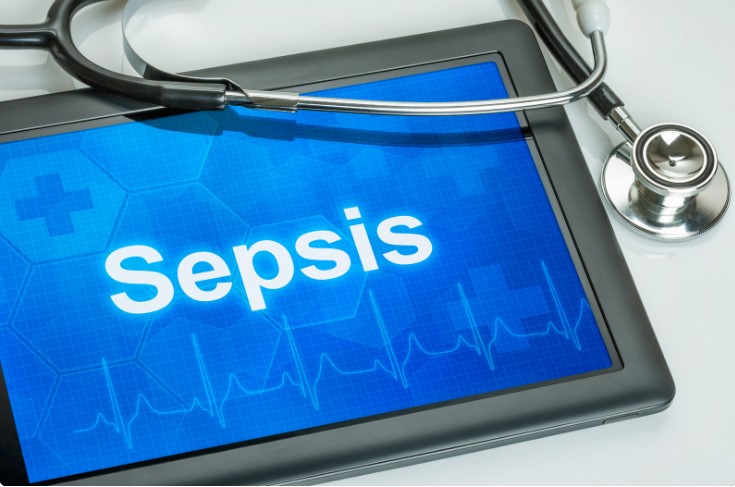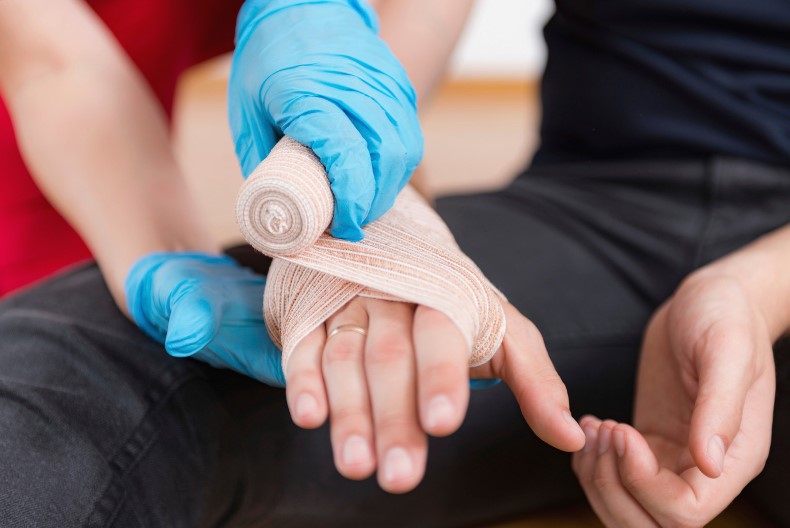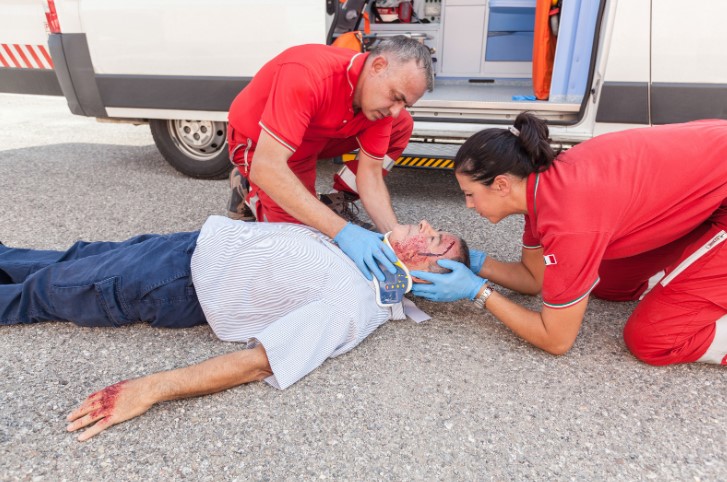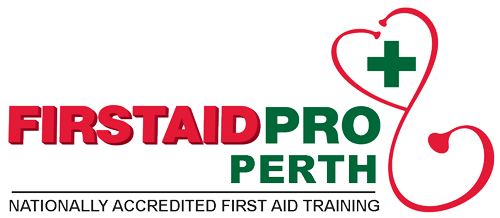Mental Health First Aid for People with Eating Disorders: Would you know if someone is suffering from an eating disorder?
Picky appetites, dramatic weight loss or gain, mood change, and extreme self-conscious feelings -all of these can be normal temporary behaviours that anyone can experience once in a while. But would you know if the behaviour change signalled a more serious problem?
Eating disorders are more common than most think, but the signs are not always obvious. When it comes to this illness, a few red flags could indicate that someone is struggling, even if the person is not confronting you about it.
What Are Eating Disorders?
Eating disorders are serious mental health conditions that are characterized by disturbances in a person’s eating behaviors and thoughts related to food, weight, and body image. These disorders can have severe physical, emotional, and social consequences.
Having an eating disorder may mean that someone has problems with their attitudes to food, weight, body size, or image. All these can lead to change in their eating and exercise behaviour which sometimes interfere with life and relationships.
It is important to know that eating disorders are not just about food and weight. It is also about vanity and willpower.
Eating disorders are potentially life-threatening mental illnesses. The person who has this disorder may experience serious disturbances in their diet and exercise. This is due to the distortion of thoughts and emotions they are experiencing, especially those with body image or self-worth issues.
People in all age groups, genders, and statuses can suffer from eating disorders. Take note that a person with an eating disorder can either be underweight or overweight. It can also occur in people within a healthy weight range.
Common Eating Disorders
Eating disorders are often characterised by having unhealthy thoughts or behaviours relating to food. The three of the most common eating disorders are:
- Anorexia nervosa – restrictive food intake, eating in small quantities, or hardly eating at all. According to the National Institute of Mental Health, anorexia has the highest mortality rate of mental disorders among the three.
- Binge eating disorder–consumption of large amounts of food in a short period. People with binge eating disorders often struggle with being overweight or obese.
- Bulimia nervosa– ‘purging’ or intentional vomiting or taking excessive laxatives.
How To Recognise If Someone Has An Eating Disorder?
Eating disorders are not easily recognised simply based on appearance. You can tell if someone has an eating disorder by looking for the warning signs. These may include behavioural, physical, and psychological signs.
You may not be able to tell if the person has an eating disorder based simply on their appearance. So it is important to know the warning signs, including behavioural, physical, and psychological signs.
Here are some warning signs to look out for:
- Evidence of binge eating (excessive food hoarding)
- Evidence of forced vomiting or laxative use
- Excessive, obsessive, and unhealthy exercise patterns
How To Provide Mental Health First Aid For Eating Disorders?
We recommend taking the following steps when administering Mental Health First Aid to someone with an eating disorder.
- Assess the person for any risk of suicide or self-harm
- Listen non-judgmentally
- Give them reassurance and information
- Encourage seeking professional help
- Encourage self-help programs and other support strategies
All of these you can do before, during, or after a mental first aid emergency until professional help is available.
Learn MHFA
If you notice warning signs to a friend, loved one, or co-worker, start a conversation to know how they are feeling. Consider seeking professional help if the person needs it.
Eating disorders are treatable. Early mental health first aid (MHFA) intervention is the key to recovery.
Visit the First Aid Course Canberra for more information.








